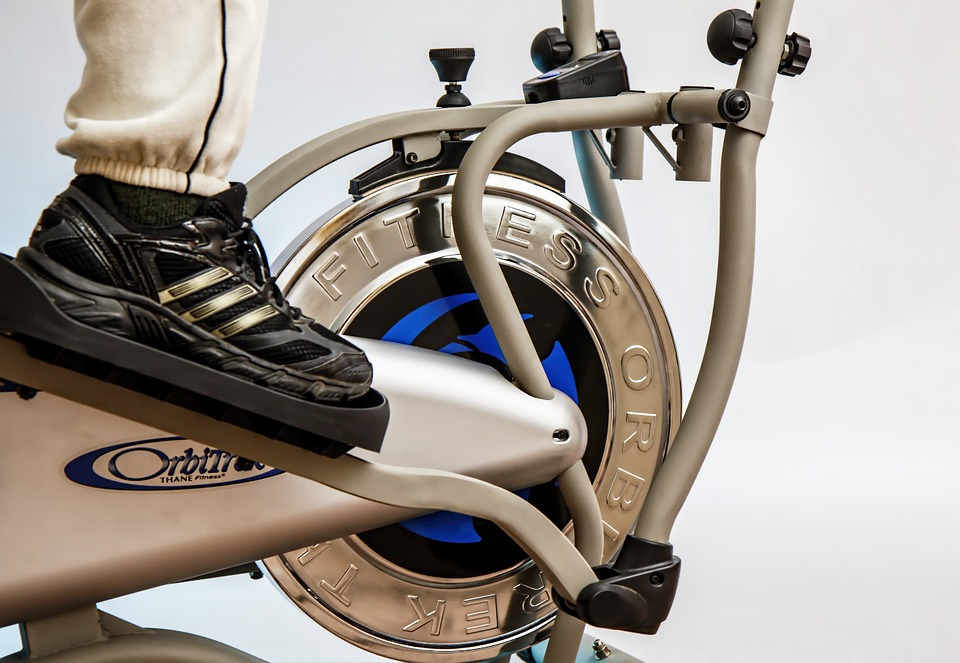On July 21, 2016, a proposed rule was published by federal regulators that seeks to modernize and improve the Form 5500 annual return/report that is filed by employee benefit plans. The changes are expected to apply for plan years beginning on or after January 1, 2019.
While the Form 5500 is periodically updated so that it stays current with legal and market developments, these proposed updates are significant because of their focus on group health plans. Significantly, the proposed rule would eliminate the current filing exemption for small group health plans and require group health plans to complete a new detailed schedule.
In addition to these changes, the proposed changed would expand the Form 5500's financial and compliance reporting, analytics capability and service provider information.
What Steps Should I Take?
Employers should monitor these proposed changes to the Form 5500 and consider how the changes would effect them if they are finalized. Employers with small group health plans that have been exempt from the Form 5500 filing requirement may wish to contact service providers to evaluate their options for Form 5500 filings.









